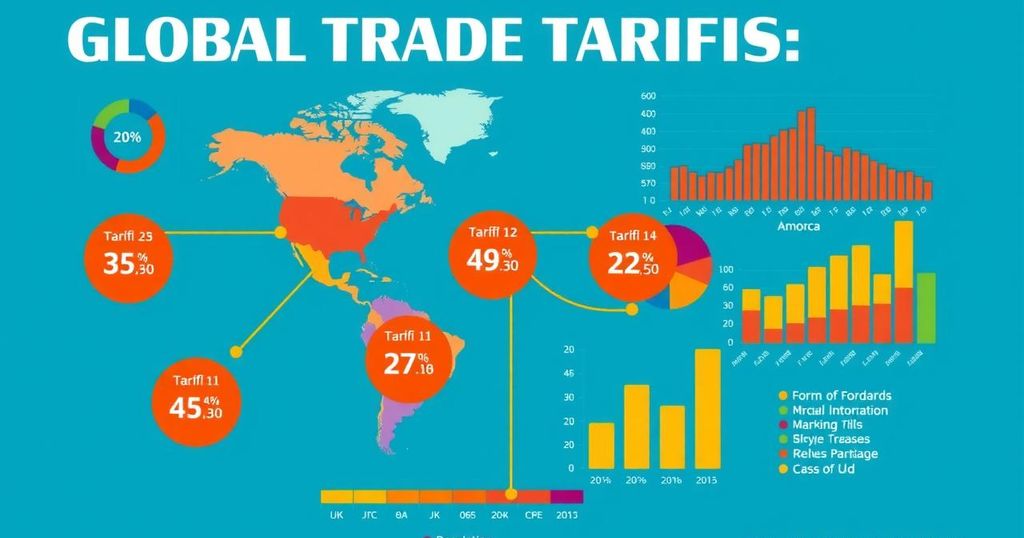Human Rights Watch has urged Prime Minister Navinchandra Ramgoolam to prioritize human rights in his new term, focusing on the rights of the Chagossians, freedom of expression, LGBTQ+ protections, and inclusive education for children with disabilities. Addressing these issues is vital for Mauritius’s commitment to human rights standards.
Human Rights Watch has urged Prime Minister Navinchandra Ramgoolam of Mauritius to prioritize human rights in policy-making during his new term. The Prime Minister secured victory in the elections conducted on November 10, 2024, marking his fourth term following previous stints from 1995 to 2000 and 2005 to 2014.
A focal point for the government should be ensuring the rights of the displaced Chagossian people in ongoing negotiations with the UK. As stated by Ashwanee Budoo-Scholtz, deputy Africa director at Human Rights Watch, “The ongoing displacement of the Chagossian people is an ongoing colonial crime against humanity.” The Chagossians, who were forcibly relocated to Mauritius and Seychelles, continue to face severe socio-economic challenges half a century later.
Human Rights Watch insists that the Mauritian government, in conjunction with the UK and US, must guarantee the Chagossians’ right to return to their homeland and seek reparations from the UK and US. This includes reconstructing the Chagos Islands and ensuring that displaced individuals receive adequate financial compensation. Moreover, the government should actively uphold rights related to privacy, expression, assembly, and access to information, especially in light of recent events.
In the lead-up to the parliamentary elections, leaked recordings suggested state-sanctioned surveillance practices, prompting the government’s temporary suspension of social media access. This decision undermined essential freedoms leading up to the elections, raising concerns regarding international human rights law compliance. The government must refrain from imposing such blanket internet restrictions to uphold citizens’ rights.
Furthermore, efforts should be directed toward protecting the rights of the LGBTQ+ community in Mauritius. Following a crucial Supreme Court ruling, past legal protections need to be strengthened. Although progress has been made, pervasive discrimination and violence against LGBTQ+ individuals remain significant issues. Comprehensive laws explicitly supporting LGBTQ+ rights must be enacted, coupled with public education to diminish stigma.
Addressing the right to inclusive education, especially for children with disabilities, is another priority. While Mauritius has made strides in offering free education, children with disabilities often remain excluded from mainstream schools, facing barriers that hinder their educational success. To combat this, the government should implement policies favoring inclusive education and awareness campaigns addressing discrimination against disabled individuals.
Moreover, educational professionals must be adequately trained to provide necessary support to children with disabilities, ensuring that curricula are accessible to all formats. Such initiatives are essential in creating an educational environment where every child can achieve their full potential.
In summary, human rights must be at the forefront of the Mauritius government’s policy initiatives. The newly elected administration is called upon to fulfill its obligations to human rights, adhering to both national and international standards while enacting necessary reforms.
In conclusion, it is imperative for the new government of Mauritius under Prime Minister Navinchandra Ramgoolam to prioritize human rights as central to its policy agenda. Key areas of focus should include ensuring the rights of the Chagossian people, safeguarding freedoms of expression and access to information, advancing LGBTQ+ rights, and promoting inclusive education for children with disabilities. Such measures will reinforce Mauritius’s commitment to upholding human dignity and justice.
Original Source: www.hrw.org




